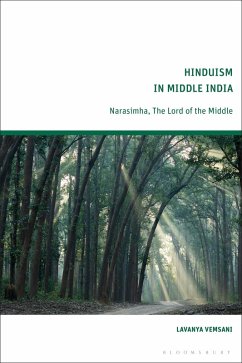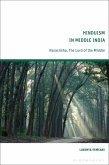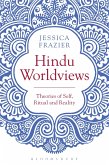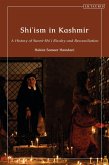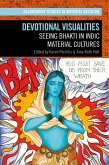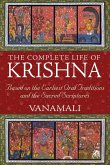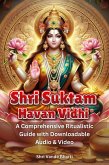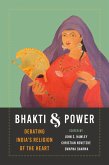Narasimha is one of the least studied major deities of Hinduism. Furthermore, there are limited studies of the history, thought, and literature of middle India. Lavanya Vemsani redresses this by exploring a range of primary sources, including classical Sanskrit texts (puranas and epics), and regional accounts (sthalapuranas), which include texts, artistic compositions, and oral folk stories in the regional languages of Telugu, Oriya, and Kannada. She also examines the historical context as well as contemporary practice.
Moving beyond the stereotypical classifications applied to sources of Hinduism, this unique study dedicates chapters to each region of middle India bringing together literary, religious, and cultural practices to comprehensively understand the religion of Middle India (Madhya Desha). Incorporating lived religion and textual data, this book offers a rich contribution to Hindu studies and Indian studies in general, and Vaishnava Studies and regional Hinduism in particular.
Moving beyond the stereotypical classifications applied to sources of Hinduism, this unique study dedicates chapters to each region of middle India bringing together literary, religious, and cultural practices to comprehensively understand the religion of Middle India (Madhya Desha). Incorporating lived religion and textual data, this book offers a rich contribution to Hindu studies and Indian studies in general, and Vaishnava Studies and regional Hinduism in particular.

